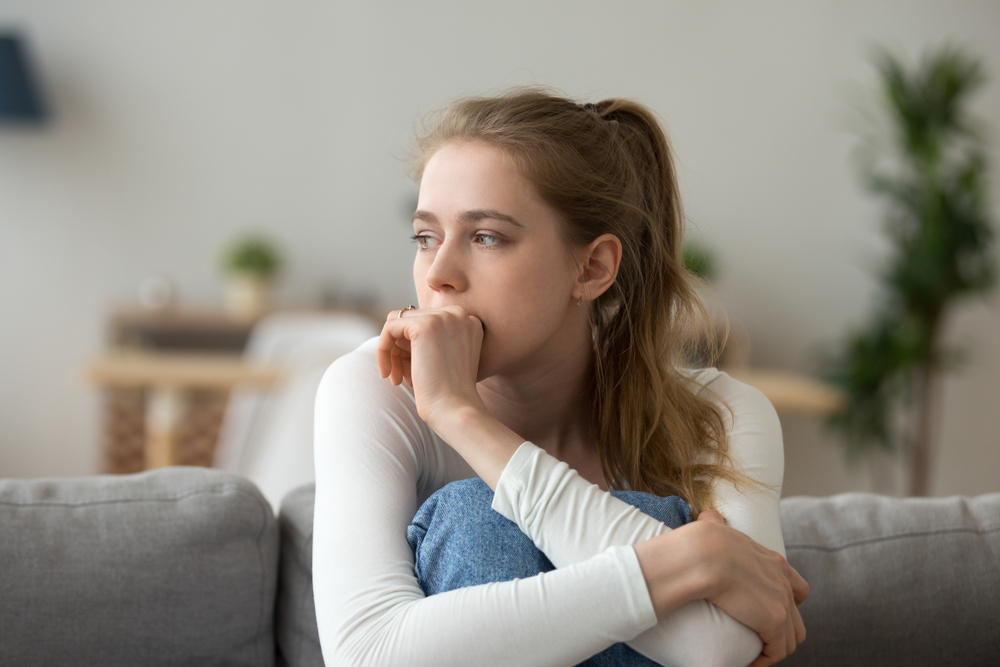
Anxiety and Panic Overload
Everyone worries or gets scared sometimes. If you feel extremely worried or afraid much of the time, or if you repeatedly feel panicky, you may have an anxiety disorder.
When you're anxious, you might feel uneasy, restless, or tense. This often comes with physical signs like a dry mouth, queasiness, or sweaty hands. Anxiety can be useful sometimes — like when it pushes us to get ready for a big work deadline, it helps motivate us. Without any anxiety, we wouldn't accomplish much. However, when anxiety becomes chronic, overwhelming, or interferes with daily life, it needs to be addressed.
Severe anxiety can lead to things like dizziness, upset stomach, or intense panic that makes it hard to breathe, making you feel like something awful is about to happen. These symptoms can make your anxiety even more intense. But if anxiety becomes overwhelming, everyday stress can turn into physical symptoms that disrupt your life.
Dealing with panic
During an anxiety attack, symptoms can get so intense that people might think they're having a heart attack or stroke. If you experience symptoms like chest pain or trouble breathing that could be a sign of something serious, it's important to seek emergency treatment. But if your doctor confirms anxiety is the cause of your symptoms, the next step is learning how to deal with situations that you know will make you panic.
Many people avoid common situations and stay away from things that might make them anxious. Learning how to cope in those situations is better for your health and your quality of life.
If you need help learning how to cope and would like to talk to one of our counsellors, reach out to Centric Mental Health today by emailing [email protected] or calling 01 611 1719.
Note: The content in this blog is for informational and educational purposes only and is not intended as a substitute for professional medical advice, diagnosis, or treatment. Always seek the advice of your doctor or qualified healthcare provider with any questions you may have regarding a medical condition or treatment.




